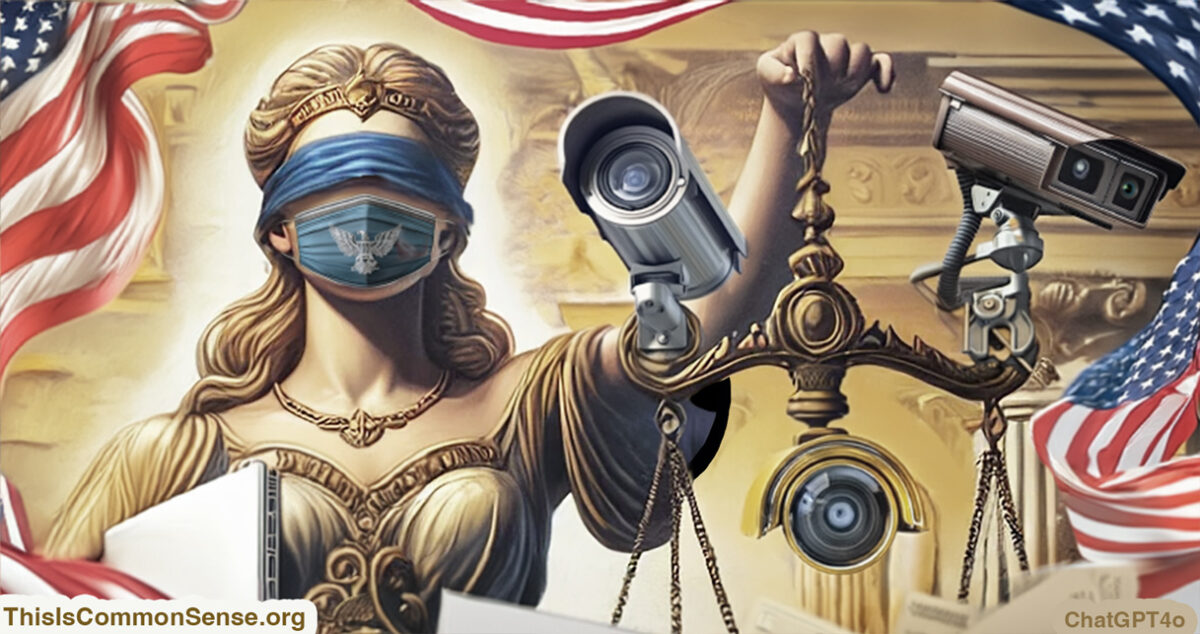Friends of freedom of speech had been looking forward to a certain U.S. Supreme Court decision, Murthy v. Missouri.
The Biden administration has for years worked to suppress social-media speech that disputes official government doctrines about biology, pandemic policy, elections, and other controversial matters. In short, the kind of speech the First Amendment was designed to protect.
Several suits have been launched against the federal government’s censorship. This one had been brought by Louisiana, Missouri, and other states, abundantly proving that administration officials actively pressed social-media companies to suppress speech.
By a 6 – 3 vote, the court tossed lower-court rulings that favor the states’ position. According to the decision’s coiled reasoning, the states lack legal right to sue. They lack standing.
Dissenting: Justices Alito, Gorsuch, Thomas.
The majority made a big point of ruling only on this question of “standing” — which none of us speakers of speech have, apparently — and not on the main question. We can hope, I guess, that some other case will someday be brought by plaintiffs whose rights the majority will concede have been infringed by the government’s infringing actions, which by their nature assault the right of freedom of speech of all Americans.
Meanwhile, in the words of Louisiana Attorney General Liz Murrill, the court’s decision “gives a free pass” to the government’s efforts to “threaten tech platforms into censorship and suppression of speech that is indisputably protected by the First Amendment.”
This isn’t a minor procedural setback.
This is Common Sense. I’m Paul Jacob.
Illustration created with ChatGPT4o and Firefly
—
See all recent commentary
(simplified and organized)

1 reply on “States Without Standing”
The Court has repeatedly avoided difficult challenges by using the device of claiming that a party does not have standing. Two changes, in one amendment, ought to be effected. The first change would explicitly grant standing more broadly. The second would require any Justice claiming that a party does not have standing to state very practically who does.